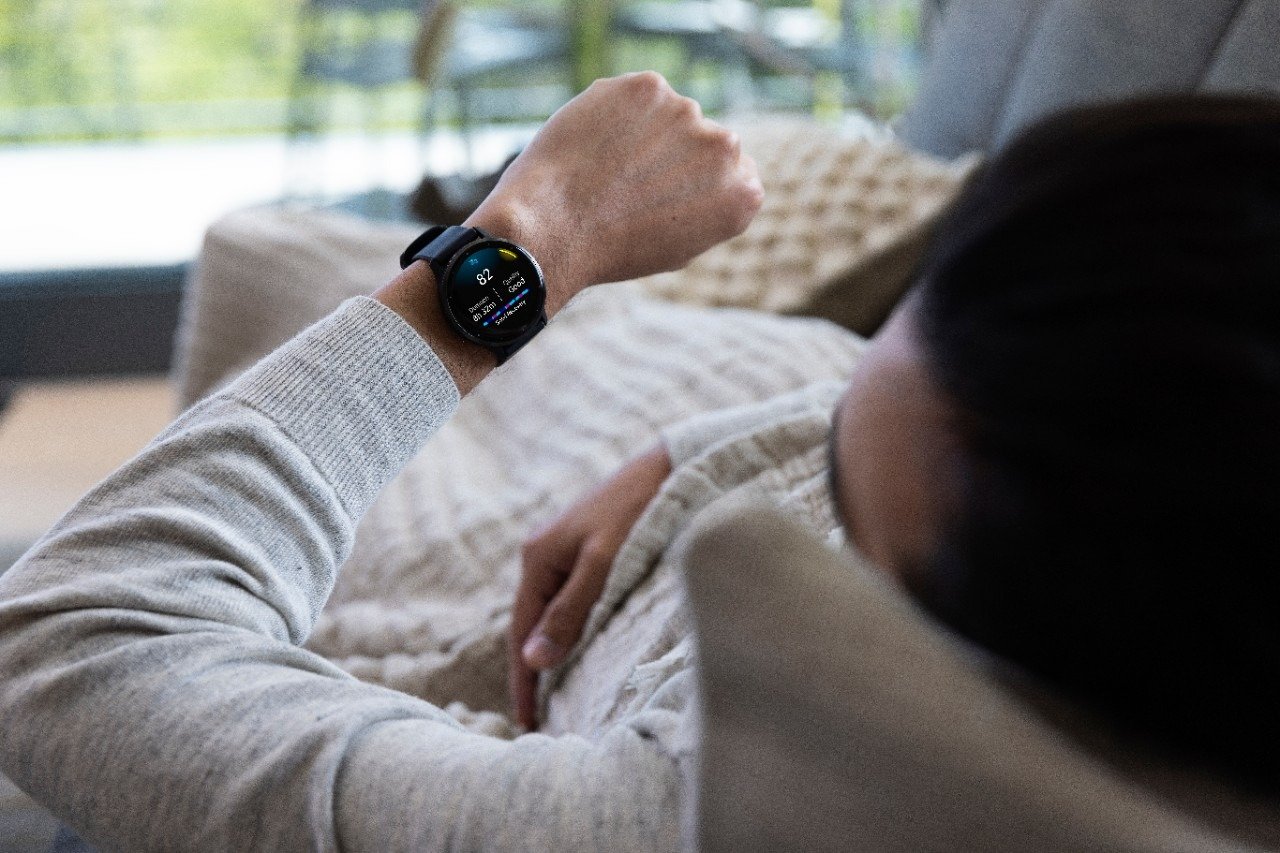
Fit Mum = Fit Baby?
Most mothers will tell you that being pregnant is equally exciting and terrifying. There are so many questions, often with too many answers. Mums-to-be always have one overriding question – how can I give my child the best start in life? For researchers, it’s vital to find answers backed by evidence for pregnant mothers.
Exercise?
We all know that exercise is good for our health and general well-being, but what effect does increased physical activity have on maternal and child health? That is one of the challenges being addressed by the FitMum project. Despite advice to the contrary, the prevalence of people not getting enough exercise in high-income, western countries has increased over the last 15 years. And with women generally being less physically active than men, it makes the focus on pregnant mothers even more important.
Good News for Mum and Baby
Signe de Place Knudsen, a Ph.D. fellow from the Department of Biomedical Sciences at the University of Copenhagen (UCPH), explains that the advantages of exercise during pregnancy can include lower gestational weight gain, lower risk of gestational diabetes (which can cause problems for mother and baby during and after birth) and a reduced chance of C-section.
Should pregnant mothers exercise and, if so, how much? What type of exercise should they do? The overall recommendation is to do what you’re used to and listen to your body. For women who generally are not active, the advice is to start slowly and aim to have 20-30 minutes moderate activity each day.
FitMum and Garmin
To help answer these questions, researchers from UCPH have started the FitMum Project, a study that will evaluate the health benefits of increased exercise and how to help pregnant women implement a more active lifestyle. Garmin wearables were chosen as the primary tool to measure activity, both for the high-quality data they provide and for their comfortable design.
The randomized, controlled trial involves 220 physically inactive pregnant women split into three groups. One group will undergo structured, supervised exercise training; another group will receive motivational counselling sessions supported by health technology; and the third is a control group. Using the Garmin vívosport fitness tracker and the Garmin Health API to deliver data to the Fitabase research platform, a wide range of physical activity metrics and sleep patterns will be recorded. Complemented by a mix of qualitative and quantitative secondary methodologies, the data will be used to better understand the varying effects of structured exercise programs versus a support-based approach.
The study, being carried out by the University of Copenhagen in collaboration with Technical University of Denmark and Aarhus University, is recruiting pregnant women due to deliver their babies at Nordsjællands Hospital in Hillerød, Denmark.




